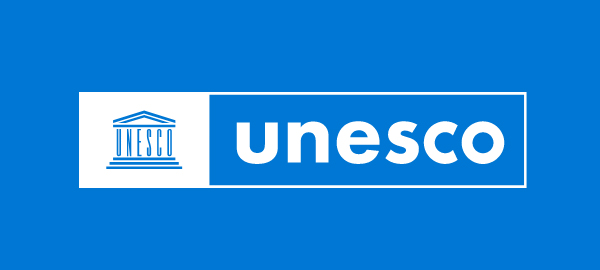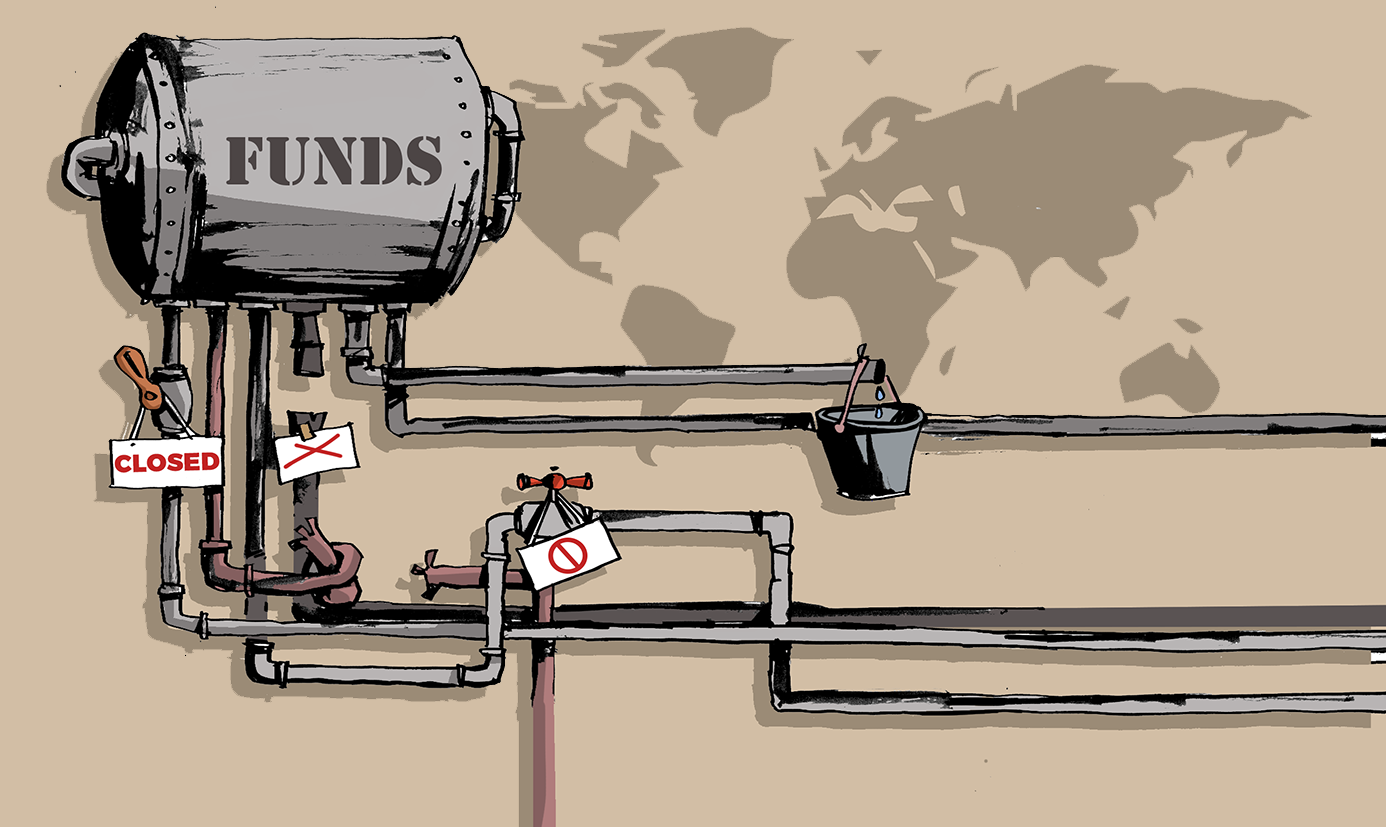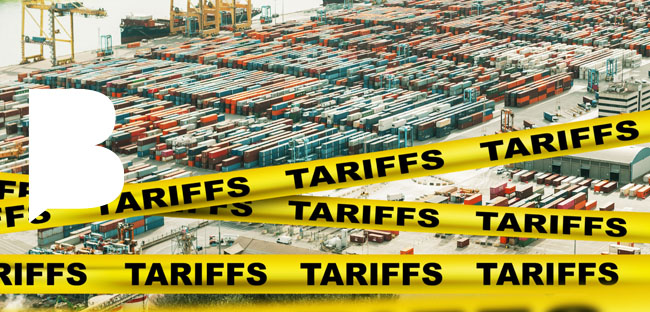The European Commission is taking significant steps to create a safer online environment for children by introducing draft guidelines under the Digital Services Act. These guidelines aim to ensure that online platforms accessible to minors maintain a high level of privacy, safety, and security.
The draft guidelines propose several key measures to safeguard minors online. These include verifying users’ ages to restrict access where appropriate, improving content recommendation systems to reduce children’s exposure to harmful or inappropriate material, and setting children’s accounts to private by default.
Additionally, the guidelines recommend best practices for child-safe content moderation, as well as providing child-friendly reporting channels and user support. They also offer guidance on how platforms should govern themselves internally to maintain a child-safe environment.
These guidelines will apply to all online platforms that minors can access, except for very small enterprises, and will also cover very large platforms with over 45 million monthly users in the EU. The European Commission has involved a wide range of stakeholders in developing the guidelines, including Better Internet for Kids (BIK+) Youth ambassadors, children, parents, guardians, national authorities, online platform providers, and experts.
The inclusive consultation process helps ensure the guidelines are practical and comprehensive. The guidelines are open for feedback until June 10, 2025, with adoption expected by summer.
Meanwhile, the Commission is creating an open-source age-verification app to confirm users’ age without risking privacy, as a temporary measure before the EU Digital Identity Wallet launches in 2026.
Would you like to learn more about AI, tech and digital diplomacy? If so, ask our Diplo chatbot!
































































